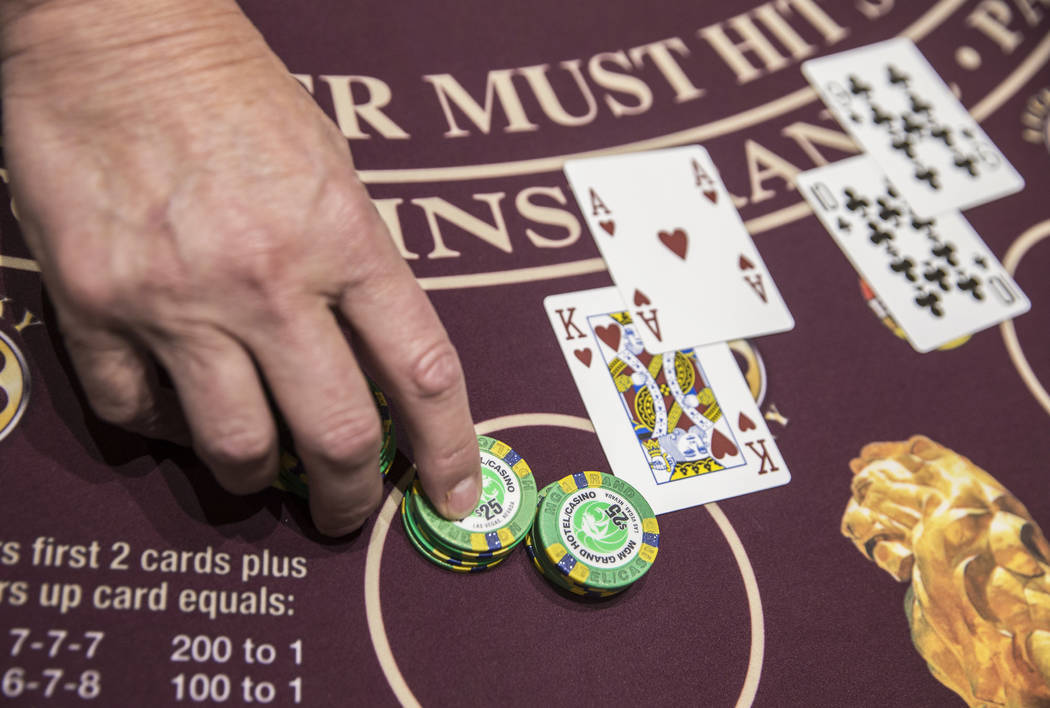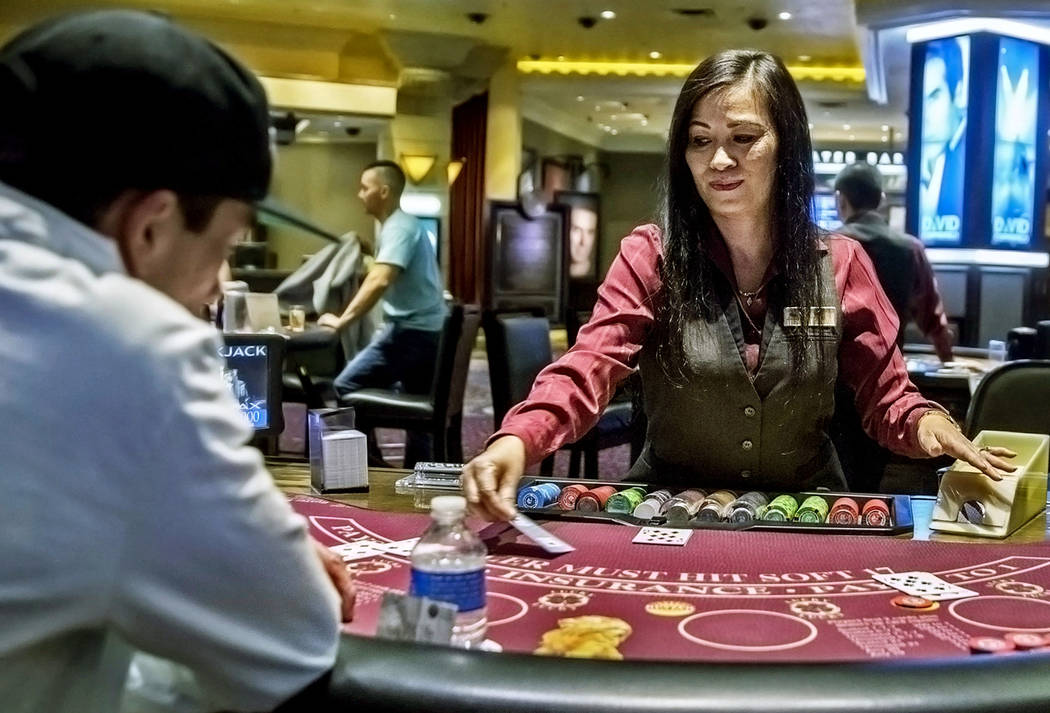Japan delays naming of sites for 3 future resort-casinos
Japanese officials have delayed naming the sites for three future resort-casinos.
Japan plans to issue three licenses that would allow selected operators to build integrated resort-casinos in those to-be-determined locations, but the country’s ruling party is pausing the process following accusations that a Chinese gambling company bribed Japanese officials to obtain one of those spots, according to the Japan Times and other local media.
Las Vegas-based gaming companies MGM Resorts International, Las Vegas Sands Corp. and Wynn Resorts Ltd., as well as several international operators, are pursuing licensing in Japan. Some analysts say the Japanese market could be worth more than $25 billion a year, which would make it the second-largest casino market in the world, behind only the Chinese enclave of Macao.
Spokesmen for MGM Resorts, Las Vegas Sands and Wynn Resorts declined to comment.
Scandal in Japan
The bribery scandal broke toward the end of December, when Japanese elected official Tsukasa Akimoto was arrested and accused of accepting cash from a Chinese company looking to build in Japan. Akimoto was arrested again in January, according to the Asahi Shimbun national newspaper in Japan.
A class-action lawsuit filed this month accuses Chinese company 500.com of bribing the official with 3 million yen, or about $27,400.
On Monday, a group of minor Japanese political parties introduced a bill meant to undo the 2016 law that allows up to three casinos to operate inside integrated resorts.
There currently are no casinos in Japan, but the country has a gambling industry based on “pachinko” pinball and slot machine arcades, lotteries and boat and horse racing.
“Japan has not done well with the treatment of problem gamblers, and for some families it has been devastating,” said Scott Rasmussen, a gaming attorney at Cooper Levenson who speaks Japanese and has met with Japanese integrated resort promotion officials with former Nevada Gaming Control Board Chairwoman Becky Harris.
Nevada impact
Rasmussen said he does not expect the opponents’ bill to move forward.
“It is a huge uphill battle for the bill to pass,” he said. “Prime Minister (Shinzo) Abe is still in control of Japan. … If this bill were to pass, it would be a huge setback for him politically.”
While there might be a slight pause in the timeline for the integrated resorts, Brendan Bussmann, a partner at Global Market Advisors, doesn’t think the bribery scandal will cause any long-term issues. It could mean they decide to move forward with experienced, highly regulated operators like those based in Nevada, he said.
“They know the lay of the land … (and) responsible operators want to do it right,” he said. “(Japan should) only allow those that can get those projects done.”
David Schwartz, professor and gaming historian at UNLV, said the Nevada operators interested in Japan are unlikely to back away at this point.
“In the end, it’s still a very lucrative market,” he said.
While some in Japan see the scandal as an opportunity to reverse course on integrated resorts, Bussmann believes there’s no turning back.
“2020 is the year everything moves forward,” he said. “The opportunity is there, and the opportunity is going to still exist.”
The Review-Journal is owned by the family of Las Vegas Sands Corp. Chairman and CEO Sheldon Adelson.
Contact Bailey Schulz at bschulz@reviewjournal.com or 702-383-0233. Follow @bailey_schulz on Twitter. The Associated Press contributed to this report.






























